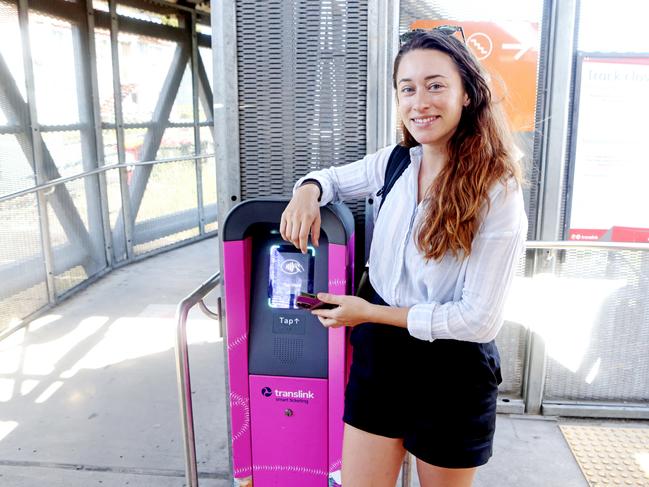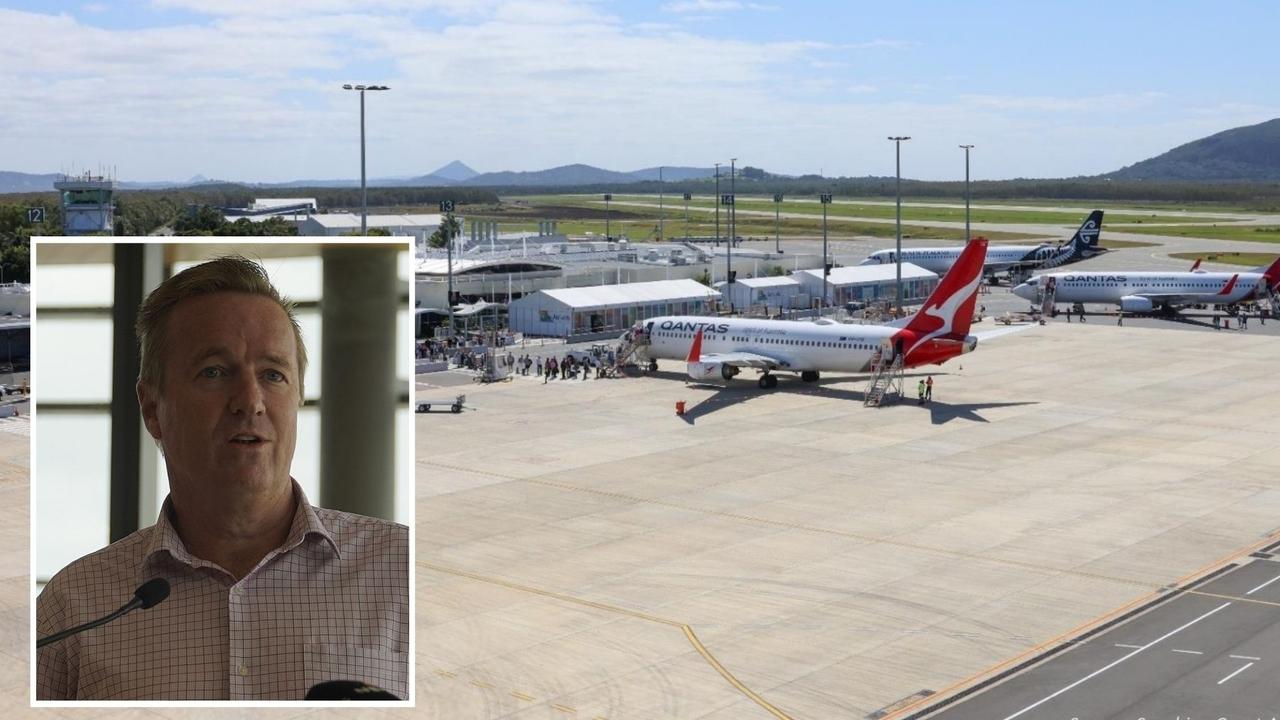TransLink smart ticketing failings reported four years since first machine rolled out
South East Queensland’s game-changing $371m public transport smart ticketing service is still not fully functional four years after being rolled out.

QLD News
Don't miss out on the headlines from QLD News. Followed categories will be added to My News.
South East Queensland’s game-changing $371m public transport smart ticketing service is still not fully functional four years after the first machines were rolled out, amid claims of faulty readers and overcharging and revelations of major technological issues.
Ageing systems, the global microchip shortage and a patchwork of service providers has been blamed for the beleaguered rollout.
The government has revealed there is still no firm timeline on when concession card holders will be able to tap on and off trains, buses or ferries using a credit card or smartphone, with the functionality still “to be determined”.
It comes as frustrated public transport users complain about being overcharged and of faulty readers ahead of the machines being progressively switched on across the ferry and bus network before July.
The $371m smart ticketing program was announced in mid-2018 with the promise of being delivered in four years.
Credit card readers were first rolled out on the Gold Coast light rail network in 2020, and then were gradually rolled out on train services in 2022.
Sydney has had contactless card payments across all modes of public transport since 2019, while in Singapore credit card payments for commuters have been offered as far back as 2017.
Transport Minister Bart Mellish said he had recently met with contractor CUBIC – a global giant of smart ticketing – to express his “disappointment in the delays”.

“We discussed the need for them to complete the project to the timelines committed to,” Mr Mellish said.
But the state government has conceded part of the problem has been the way the network is set up – including a legacy Go Card system, 13 bus operators in the southeast, Brisbane City Council’s ferries and Southern Moreton Bay Island ferries.
“Queensland’s public transport network is one of the largest geographical systems in the world,” Mr Mellish said.
“A significant amount of infrastructure and software needs to be developed, installed, tested and trialled before smart ticketing payment methods can be activated for customers.”
According to the Department of Transport and Main Roads, supply chain issues, including the global microchip shortage during the pandemic caused the smart ticketing project to “extend its schedules”.
But the overall $371m budget has remained unchanged, according to the department.
Online forum Reddit has been flooded with complaints by Brisbane train commuters that many of the newly installed payment machines regularly display a “big red X” – meaning they are out of action – and that some machines have refused to take payments or that fares are taking days to be withdrawn from bank accounts.
Public transport users have also been frustrated by the fact the new readers don’t show exactly what a fare has cost when you tap your card.
A TMR spokesman said issues with charges on cards “are investigated on a case-by-case basis and to date no systematic issues have been identified”.
Commuter Hayley Micah said she had no issues with smart ticketing on trains but the slow rollout to buses had caused her to ditch that form of public transport.
“If I want to leave work to get into the city for something I have to walk an extra 20 minutes to the train instead of just catching the local bus. I just don’t catch the buses now,” she said.


